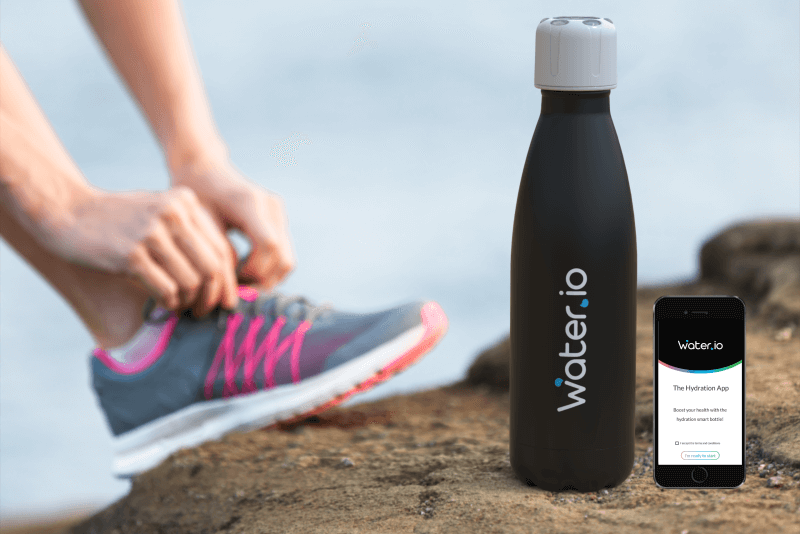A marketing strategy is an integral part of running a successful supplement business, especially in today’s saturated marketplace. New health supplement companies are sprouting up every day. It’s extremely necessary for existing businesses to stand out and offer true authentic value to the customer.
Developing your marketing strategy from the get-go can help your supplement business make the most sense for your distribution channels and end customers. Here are the most critical steps in creating your marketing strategy.
1. Define your Unique Value Proposition
The supplement category is becoming a commonplace. There are thousands of dietary supplements, sports nutrition vitamins and other health products in the market place. You need to highlight what makes your health supplement unique. A great way to do this is to dig deep on who you are and figure the value you bring to the wellness world.
Maybe there is something special in the way your supplement is produced or its effectiveness. Take Ritual, for example, a supplement company that focuses on developing pure supplements with full transparency into components and origin of products. SmartyPants Vitamins focus on selling gummy based multivitamins, an easy to consume form factor of capsules with the best possible forms of nutrients.
Both of these brands have established what sets them apart in a competitive market, in an effort to convince customers to try their vitamins and supplements instead of the thousands of other options out there. Whatever your Unique Value Proposition (USP) may be, make sure you highlight it clearly to get attention from those who will benefit significantly by using your health product.
2. Focus on your Target Audience
The next step is to identify and define your market. Failing to identify your target audience accurately results in a scenario where you don’t connect with your ideal customers. Therefore, define your segment of the market by considering specifics like:
- Who is your demographic, and what characteristics do they share?
- What issue do they deal with in their day-to-day life that could be solved with your dietary supplement? Is it weight loss, nutrition, energy levels, depression, etc. For instance, Winged CBD formulates hemp CBD products designed specifically for women.
This level of specificity allows you to focus on a narrow group of the market resulting in more effective marketing campaigns. By approaching the right audience, you’ll be able to connect with them better and create a stronger impact where it matters.
3. Messaging and Positioning
It’s possible to be instantly drawn to a product because of its positioning and messaging. Both these elements are essential in successful product promotion. Positioning helps you articulate the unique benefit of your product and why your solution is better than what your competitors are offering. Messaging, on the other hand, communicates and reinforce the positioning to customers.
Make sure your messages are clear and are told in a story-telling manner. You might have the best supplement in the world, but if your marketing story isn’t articulated properly, then it’s doomed to fail. So, tell your story by rooting it in the truth of your product. What is it about your brand or product that connects with people? Make sure you give valuable information about the product and how it can benefit a consumer’s health. This will help build trust and rapport with consumers.
4. Product packaging
Product packaging is a crucial component in helping your prospect take that next step towards a purchase. But how do you design your package effectively to ensure your product is the one that all the wellness devotees are talking about? Creating an exceptionally designed and eye-catching package is essential to differentiate your brand. Well Told Health, a line of organic certified, whole-food vegan supplements demonstrate this well.
More importantly, functionality and compliance need to be part of your product packaging requirements. You not only want your packaging to look good but also want it to be safe and effective for storing your product.
5. Channels
At this point, you know the value of what you’re selling, who you’re selling it to and how you’re going to get it in front of your audience. Next step, you need to consider how your customers will get the product from you. E-Commerce continues to play a major role in the supplement industry. This has led to an increase in the relevance of an omnichannel marketing strategy.
The multiple marketing channels that should be considered for your business can either be your website, partnering with large retailers like Amazon or iherb as well as running your own brick & mortar retail stores. E-commerce platforms are likely to give you more control and access to customers than other channels considering the vitamin and supplement category is experiencing significant online sales growth.
The technology today also presents many opportunities. Such as the ability to connect personally with customers through social media, run sales directly (D2C, direct to consumer), skip the middlemen channels, and more. For trending go-to-market strategies, read our blog here.
Takeaway
Ultimately, there will always be the next new ingredient, hot product or supplement brand popping up in the market. Success lies in how you execute your marketing strategy. A solid marketing strategy that incorporates all these elements will play an important role in launching a profitable and relevant supplement brand.





